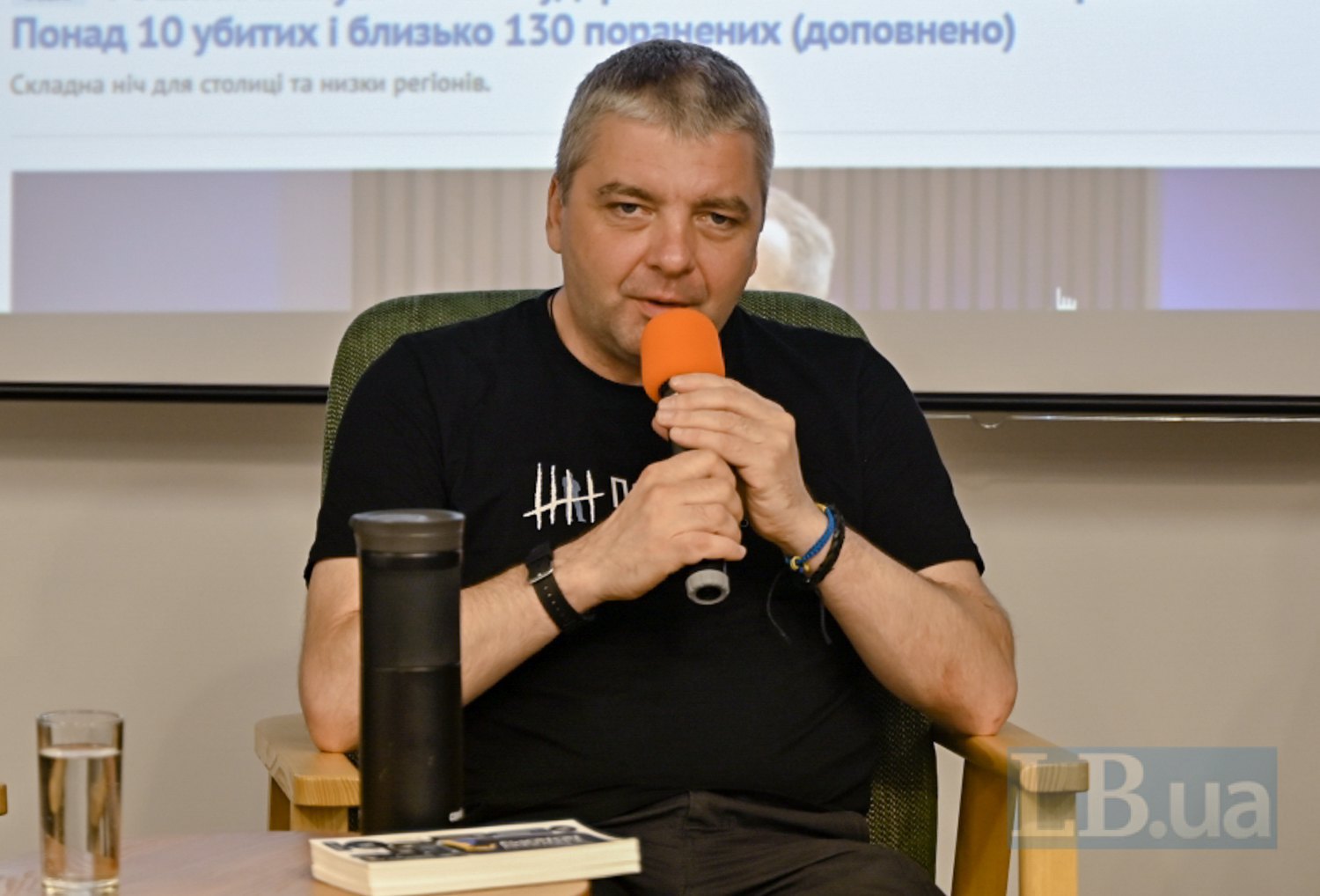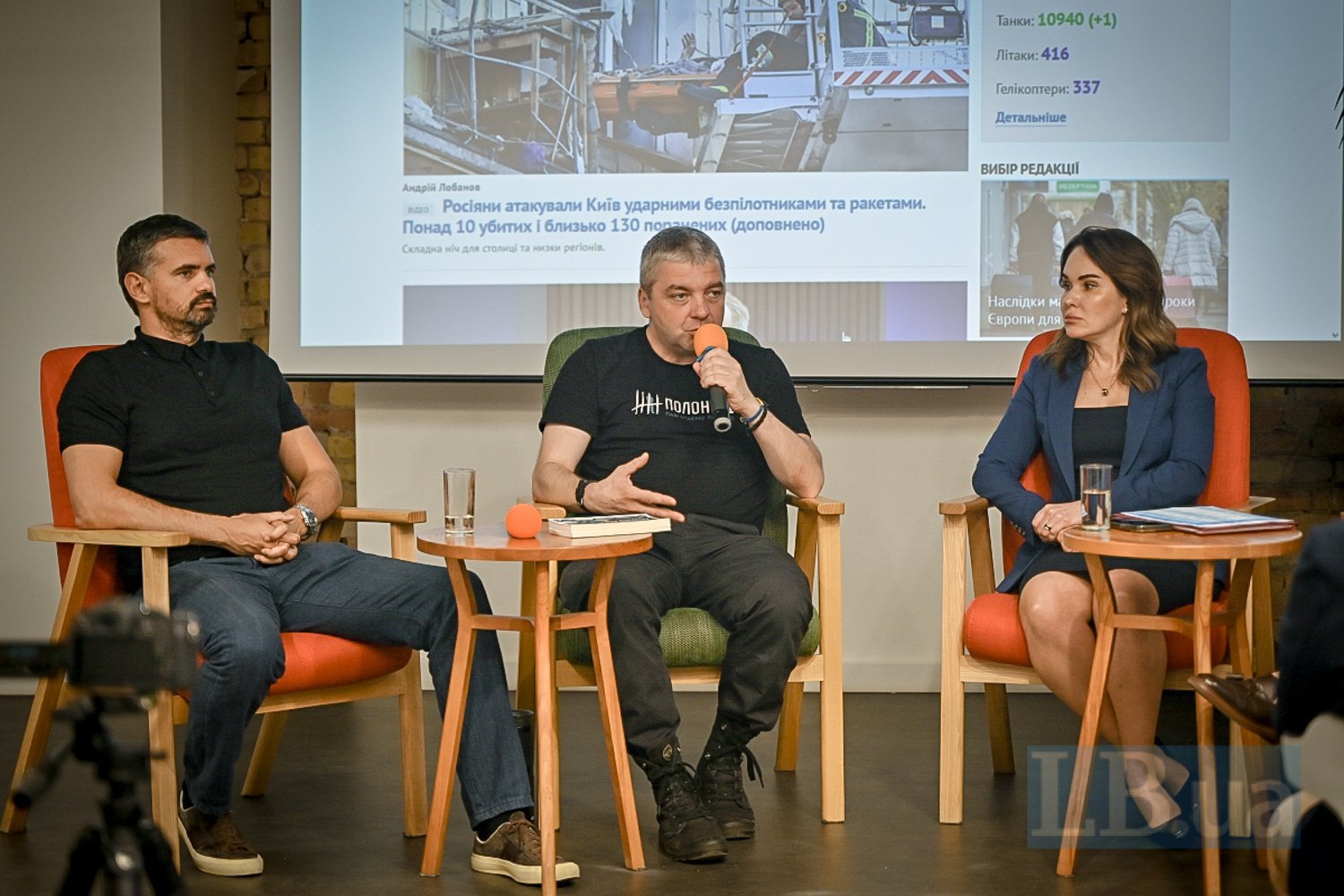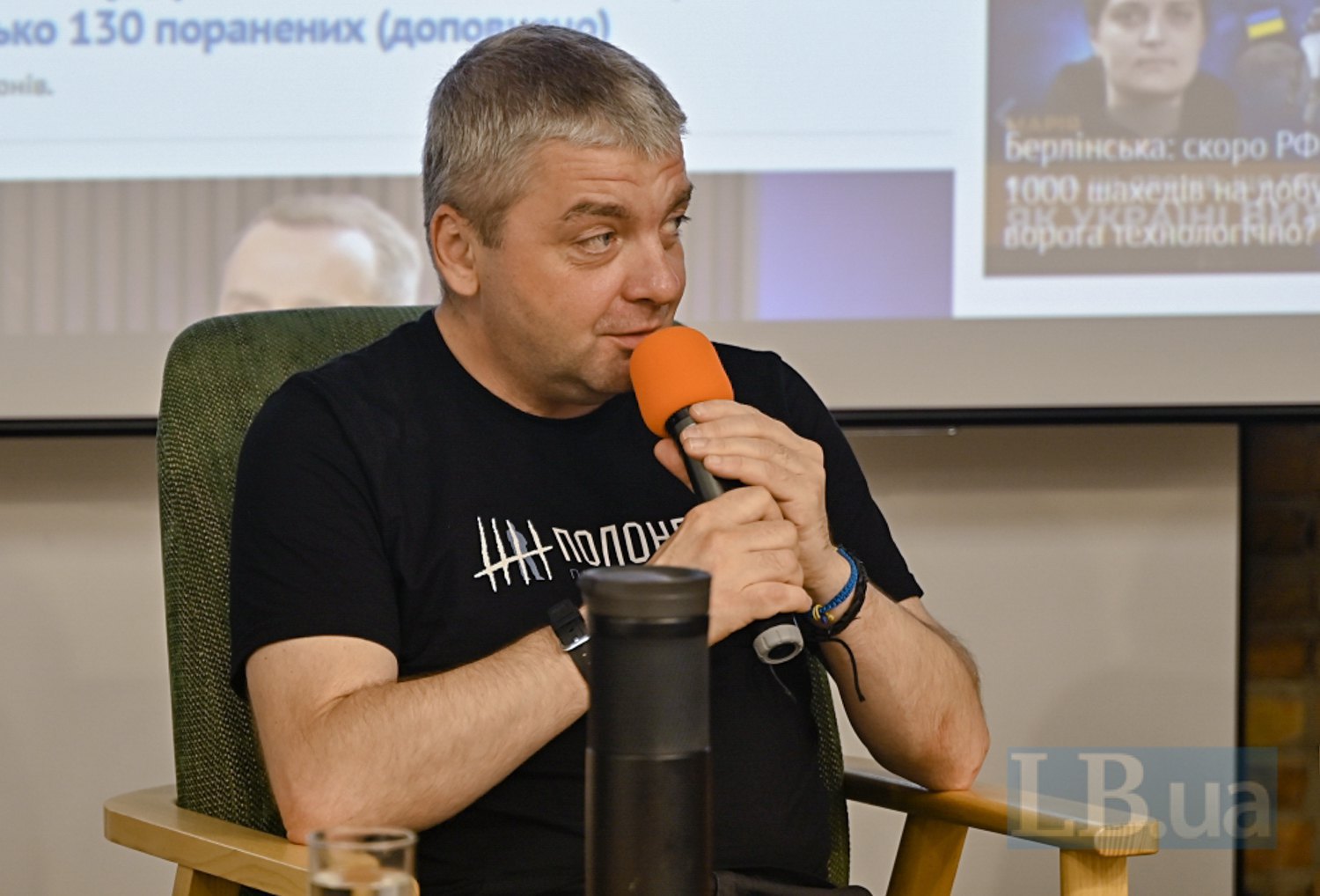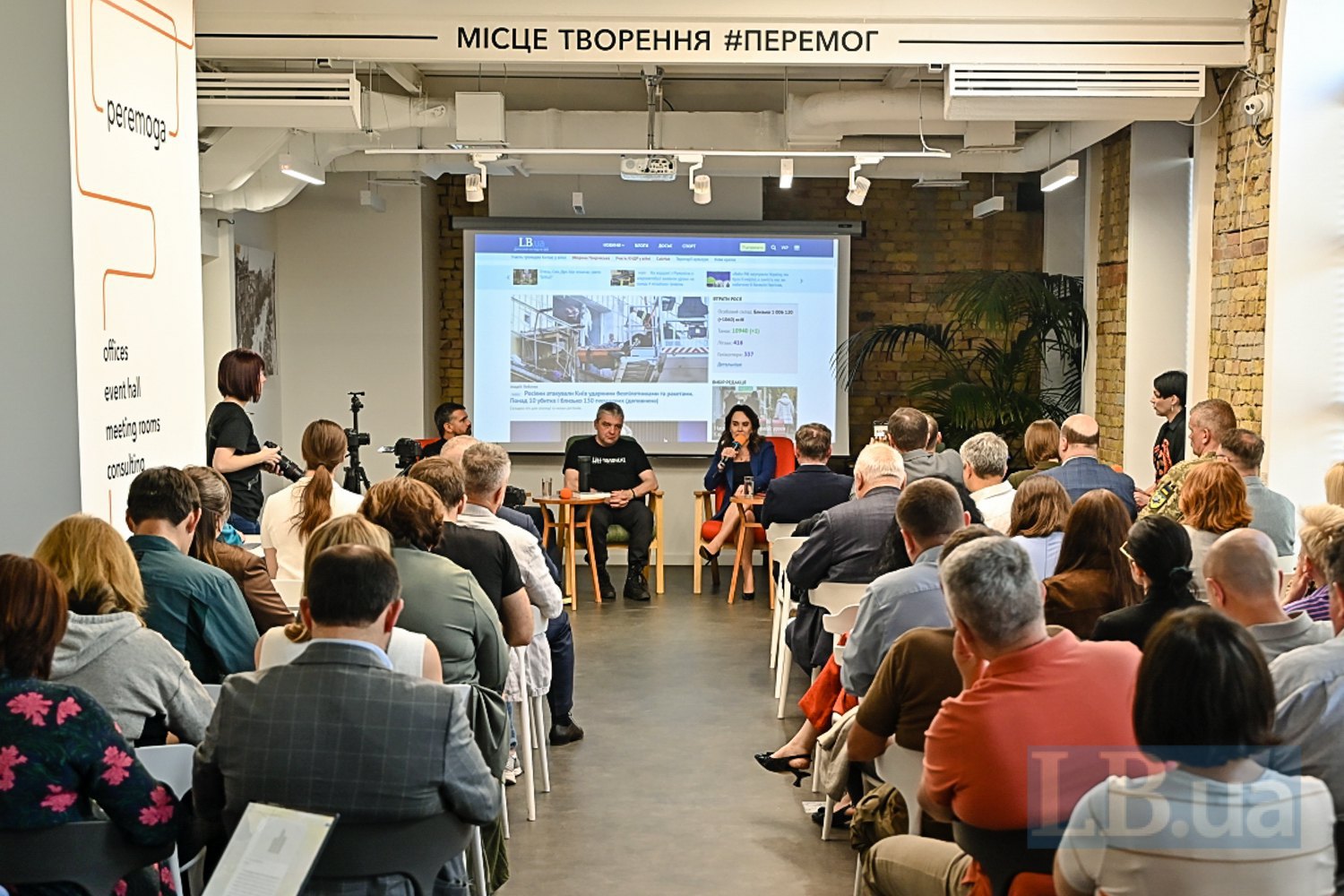
“Some time ago, I visited a villa on the beautiful Lake Wannsee near Berlin, where the infamous Wannsee Conference took place – the meeting at which the decision to carry out the Holocaust was effectively made.
Now there is a museum there, and a separate part of the exhibition is devoted to the fates of those who participated in this conference. Those who did not die during the remainder of World War II from bombing were mostly either sentenced to relatively short terms and then released – if they did not die in prison immediately – or basically fared quite well afterwards.
It is interesting that Germany is not ashamed to show that justice was not done, that justice was not restored. But that does not mean that we should not strive for it,” noted Maksym Butkevych.
If Ukraine does not attempt – in particular, by creating a special tribunal – to punish criminals and establish justice, the human rights activist is confident that Russia will continue to destroy international law.
“And that is precisely what it is counting on. In captivity, it was clear, for example, that international humanitarian law is not simply being ignored – it is being turned into a bad joke.
I heard the phrase ‘Geneva Convention’ twice. The first time was when we were being taken to Luhansk after our capture. We were told: you are not prisoners of war – you simply disappeared in the combat zone, and then, when you are taken there and registered, the Geneva Conventions will apply to you. And if you behave incorrectly, you will never appear; we can take a walk – you will see the remains of those who did not understand this in the pit. But they lied: the Geneva Conventions never began to apply to us. There was not a single article of the Geneva Convention on the treatment of prisoners of war that was not violated in relation to us.
And the second time I encountered the phrase ‘Geneva Convention’ was in my so-called criminal case, where I was accused of violating the Fourth Geneva Convention on the treatment of civilians and, from the point of view of the so-called justice of the Russian Federation, am a war criminal.
I am deeply convinced that in international relations, Russia is betting on the system of international humanitarian law being destroyed and replaced simply by the law of the strong. And I can say that this is a conscious line of the political leadership of the Russian Federation,” Butkevych noted.

In his opinion, just as Ukrainian soldiers defend the state on the front lines, lawyers and politicians should defend international humanitarian law in international institutions.
It would be naive to think, according to Maksym Butkevych, that the sentences handed down by the special tribunal to criminals will satisfy everyone. But the lack of accountability is the worst scenario imaginable, because society now has a huge demand for justice, he added, illustrating his point with a story from captivity.
“When I was transferred from the Luhansk pre-trial detention centre to the colony, where our convicted prisoners of war were already being held, one of them – knowing that I was involved in human rights protection (we were in the same cell for some time) – the first thing he asked was: ‘When I am released, will I be able to testify about what was done to me to the International Criminal Court? And will it be added to the case file so that I am recognised as a victim and I can see some of those who did this to me at various levels brought to justice? Do we have such a mechanism?’
A convicted prisoner of war, sentenced to what appears to be 15 years of strict regime for a crime he did not commit – and the first thing that concerned him was whether there would be any form of accountability. Will these people be forced, sooner or later, to answer questions about why they did what they did, what motivated them? Will a decision be made regarding them?
Can we expect that these decisions will satisfy everyone? Of course not. It would be naive and unfair to say so – at least when it comes to earthly courts.
But there is a second option, an alternative – the absence of any responsibility. This cannot be allowed to happen. Even if it is a conviction in absentia (in the absence of the accused), it must be recognised institutionally and legitimately that these people are criminals and that they must be punished as soon as they climb out of the cage in which they are currently confined,” the human rights activist noted.

After all, the crimes committed by Russia, Butkevych emphasised, did not emerge only now – “this evil has continuity in time.”
“After the first interrogation in a fabricated criminal case, when I returned to my cell, I first thought of my great-grandfather – an ‘enemy of the people’ who was shot in 1938 during the Great Terror. I saw the transcript of his interrogation: at first, he denied the charges, then he began to confirm everything he was told.
And now I knew perfectly well why. Theoretically, I already knew what happened between his initial denial and the subsequent answers – why he began to agree. Now I knew practically.
Those who interrogated us – at least some of them – consciously positioned themselves as descendants of the KGB, OGPU, NKVD, and Cheka systems. It was the same system that sentenced my great-grandfather to death, and 84 years later, his great-grandson, in a neighbouring region of Ukraine, also signed a confession to something he did not do and was sentenced to 13 years in a strict regime prison by the same machine,” said Maksym Butkevych, who was held captive for over two years.
He is convinced that this was possible because, in those days, evil was not punished and bore no responsibility for any occupation – including that of the Baltic countries. It simply receded for a time and then returned. And it will return again if the crime of aggression is not condemned now.

In addition to legal justice, according to Butkevych, the creation of a special tribunal on aggression is also a contribution to victory. And it is crucial that this work is being done together with partners.
“This special tribunal is an important story for all peoples and countries that want to live more freely – to live with dignity and without fear. Therefore, this is not only our story. Just as our war is not only a Ukrainian–Russian story, but a global one,” Maksym Butkevych concluded.
Video version of the conversation:








